To do maths rotations or not?
When you look at the research, there are pros and cons for both sides of the argument. Some people believe it is a waste of time and there is no benefit to their students.
In my experience, I believe that including small group maths rotations in your classroom allows you to work with smaller more targeted groups of students. Providing time for you to provide instruction appropriate to their knowledge.
At the end of the day, it depends on your class, their capabilities, and behaviours. This blog will give you some resources and ideas to plan and manage your maths block.
Maths Block Breakdown
I usually focused on maths in my middle session, approximately 90 minutes. This seems like a long time to focus on maths, especially in the early years, however, that is where rotations fitted in nicely with my explicit teaching and whole class learning!
I allocated 30 minutes to explicit teaching / whole class learning. The students then spent 15-20 minutes at two different stations.
This allowed 20 minutes of cool down time after lunch and for transitions. The next day they completed the other two rotations after more explicit teaching.
Setting Up Maths Rotations
Firstly, you need to decide if you are going to group your students into mixed ability or same ability groups. I found (most of the time) same ability groups allowed me to cater the activities and teacher time to each small group. Then, create a display so the students know what group they are in.
Prior preparation, planning of the display, routines and expectations will allow for a fairly smooth transition into working in small groups.

Next, decide how you will manage each station. I would have one station for me (teacher station). This is where, after my explicit whole class teaching, I would teach a mini-lesson or a guided hands-on activity to consolidate a topic.
If you organise the students into ability groups, you can re-teach the same concept in another hands-on way to your lower ability groups. For your higher ability groups, you can spend time extending on their current knowledge.

I found arranging the resources required at each station into a storage box allowed students to take charge and organise themselves. This eliminated distraction when they got to their stations as their resources were ready to go!

If you have planned different activities for each ability group, simply stick a coloured dot on a plastic folder to help students readily work out which activity is their groups for that rotation.

I used a variety of focused independent activities, collaborative activities and iPad and Computer activities.
Maths Rotations Activity Ideas
So, what do you plan for each station of your maths rotations?
This really depends on the maths topic of the week. My iPad rotation would often be a game to consolidate maths mentals or to revise previously taught topics.
The other three stations were purely dedicated to the maths topic for the week!
Here are some maths topics with possible worksheets and hands-on activities you could use during small group work. For more worksheets and activities for each category, simply click on the heading!
Units of Measurement
Money and Financial Mathematics
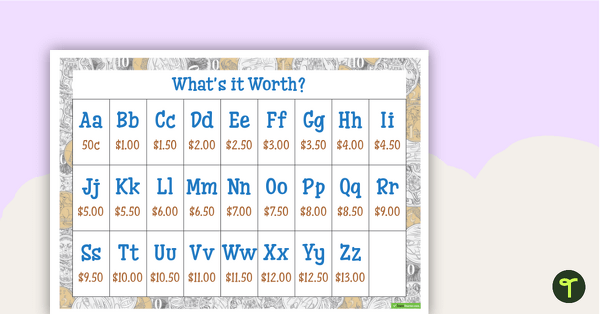
teaching resource
What's it Worth? Australian Currency Game
Use this What's it Worth? game when learning about the value of coins.

teaching resource
Shopping Catalogue with Worksheet
A shopping catalogue and worksheet to use when working on financial mathematics.
Place Value
Operations
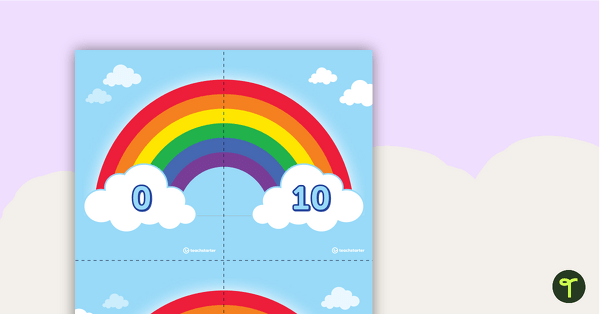
teaching resource
Rainbow Facts - Addition Match Up Cards
A bright and fun game to play in the classroom when learning the Friends of Ten and Rainbow Facts.
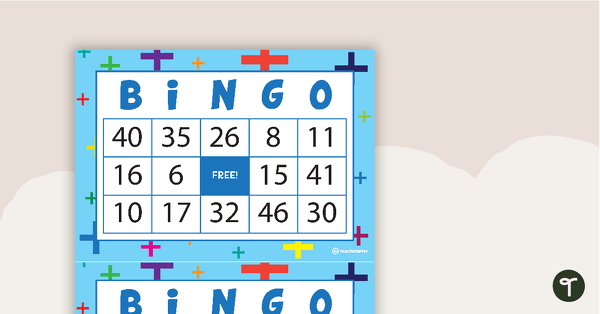
teaching resource
Addition Bingo – Numbers 0–50
32 different bingo cards using addition and numbers from 0-50.
Patterns and Algebra
Shape
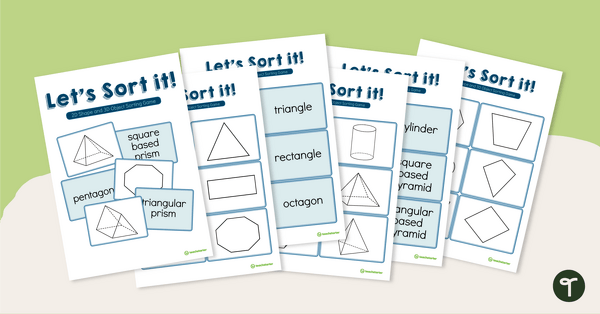
teaching resource
Let's Sort It! — 2D Shapes and 3D Objects Sorting Activity for Year 2
Play this sorting game when learning about the properties of 2D shapes and 3D objects.
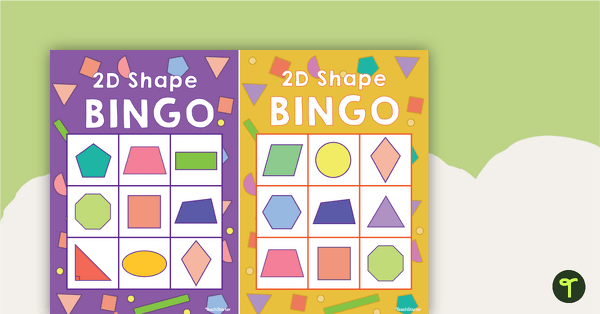
teaching resource
2D Shape Bingo
Engage your students while consolidate learning about 2D shapes, their names and properties with 2D Shape Bingo!
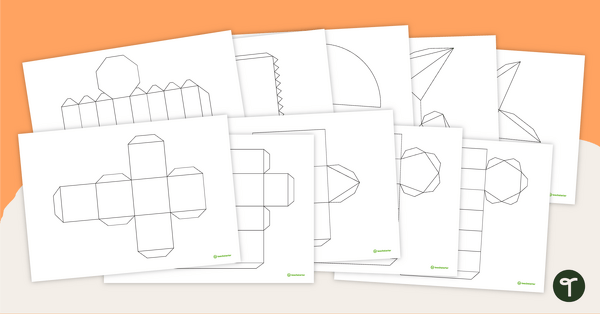
teaching resource
Nets of 3D Objects
Create a variety of 3D shapes with this comprehensive set of net templates.
Chance
Location and Transformation
Fractions
Problem Solving
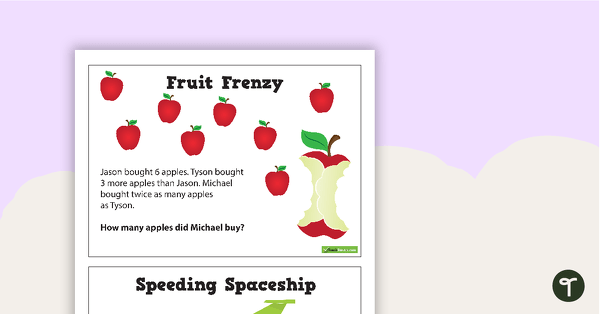
teaching resource
Maths Brain Teasers Task Cards
Spark critical thinking with maths brain teasers embedded in real-world scenarios to engage and challenge your upper primary students.


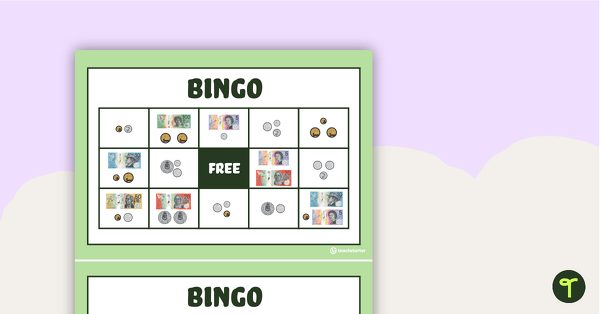
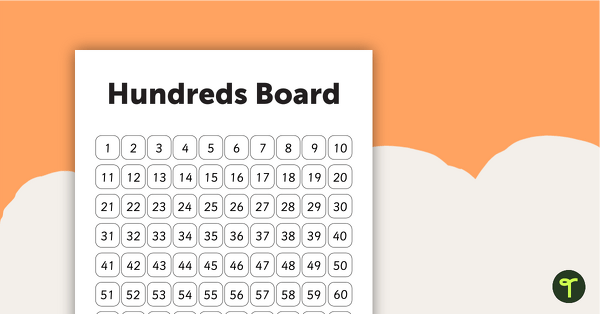
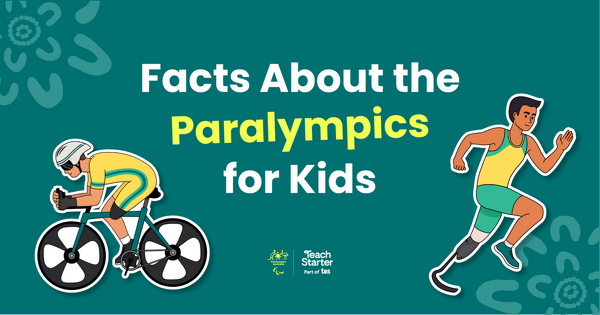


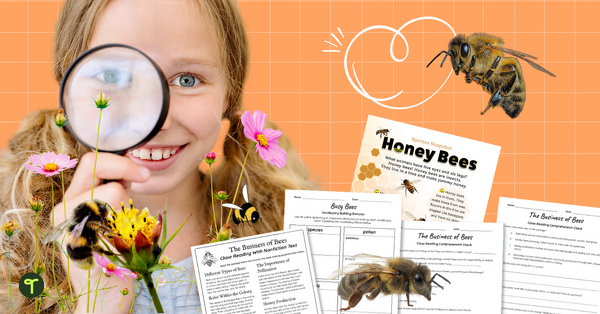
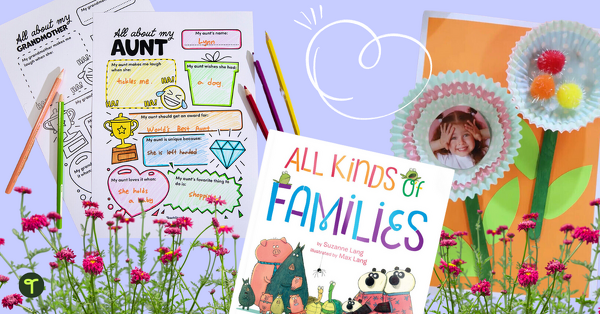
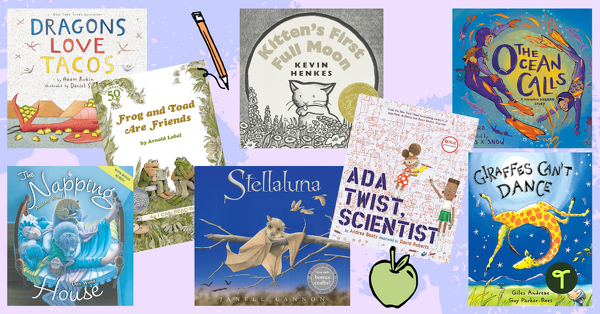
Where do you find the circle that has the activities on it? Cant find it anywhere!
Hi Deb, I think you may be referring to the group activity wheels. Take a look at the link below: https://www.teachstarter.com/search/?query=group+activity+wheels If there is anything else I can assist you with, please don't hesitate to contact me.
I have a manager for each group- On my chart I put a dot next to each name when chosen as the manager- for my own benefit so I can see who has had a turn being manager. No real way of choosing a manager- its just who I think would be good on the day, and so it also becomes a fairness task too, to esnure everyone get the same number of turns. Managers role- take any resources to their group. Group members to ask their manager for help. If the manager cant solve the problem, they come to me. Manager also comes to me if they are having problems getting group members to focus on the task given. The manager is the only person to come to me- I am already working with a group and its much better if I only have 2 managers come to me with a problem, instead of 8 or so people (I have 16 in my class!) Far less interruptions for my group! This works really well. I have done this for years! We also doa group reflection at the end. Manager wears reflection glasses (party play glasses from BigW! They LOVE this!!), and I ask them to reflect on their group- great if having a social goal as part of their learning too. I also ask the group if the manager was on task and a helpful manager. Alsways works so well! Reason they are a 'manager-' it imples managing the group- they maange the resources, everyone is focusing, and the thidying up. It is a group effort, and must not be left to the manager to pack up. I dont use the word leader or boss, as these words could give the child in question a different take on the role. No one likes a bossy boss! But we love a helpful manager!
Thank you for your lovely comment. I am so glad you are enjoying our resources. You have some great ideas here, thanks so much for sharing.